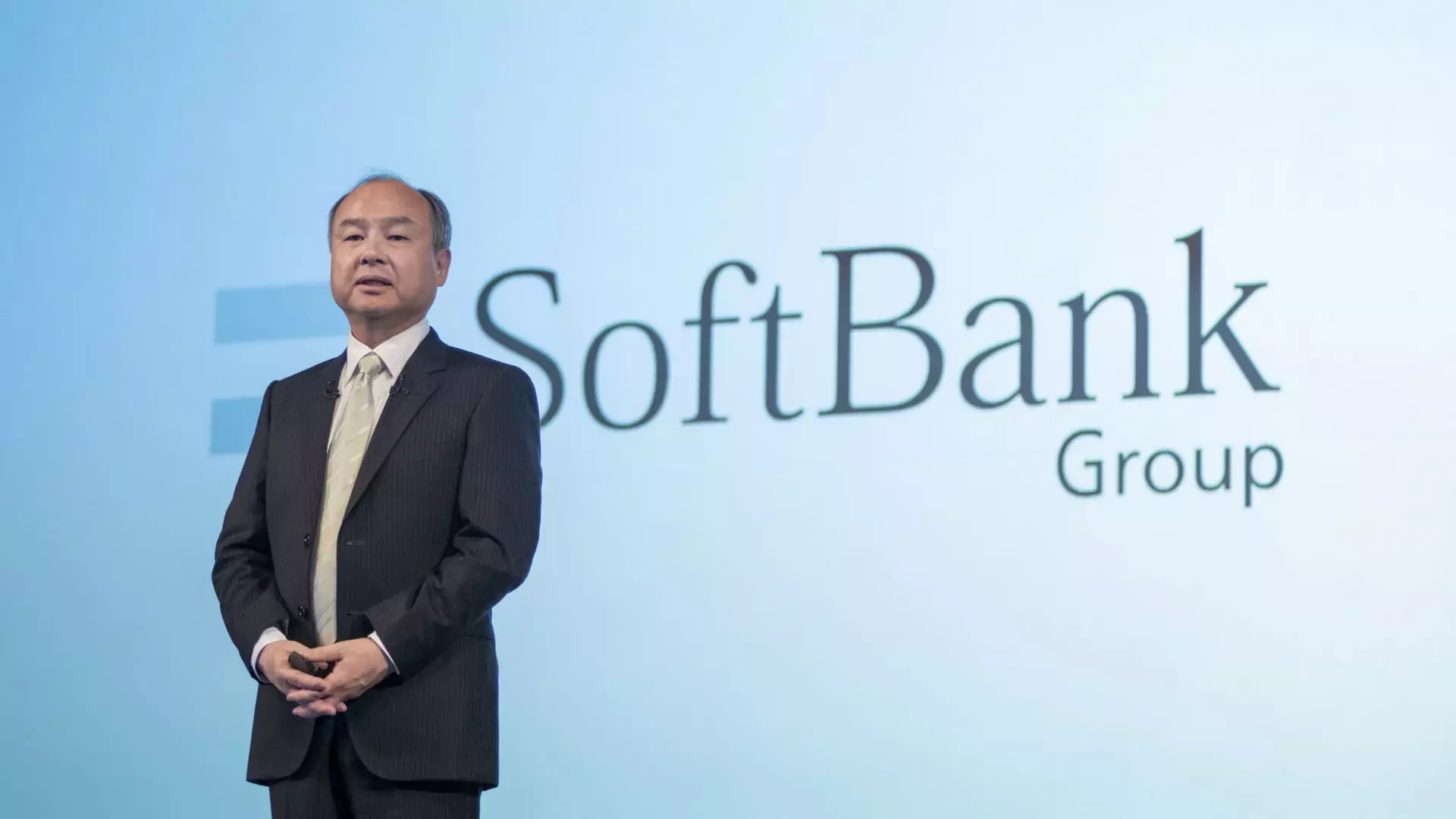In the latest financial disclosures, SoftBank Group has revealed a remarkable rebound in its Vision Fund, marking a significant recovery from previous losses. For the fiscal second quarter that concluded on September 30, the Japanese conglomerate reported an impressive gain of 608.5 billion yen (approximately $3.96 billion) within its Vision Fund tech investment arm. This surge represents a noteworthy turnaround after the company recently emerged from negative earnings recorded in the preceding quarter, specifically the three months leading up to June. A comprehensive analysis of the Vision Fund’s broader financial landscape shows a reported gain of 373.1 billion yen for the segment overall, a striking contrast to the loss of 204.3 billion yen that had resonated through the first fiscal quarter.
The recovery of the Vision Fund can largely be attributed to substantial valuation gains from high-profile investments. Notably, the e-commerce enterprise Coupang and the Chinese ride-hailing service Didi Global contributed significantly to SoftBank’s positive trajectory. Additionally, the increasing valuation from the investment in Bytedance, the parent company of TikTok, has likely bolstered SoftBank’s financial standing. However, despite these gains, the Vision Fund 2 struggled, reporting a net loss of 232.6 billion yen. Factors leading to this decline include depreciating share values of several major investments, such as the Norwegian robotics firm AutoStore and U.S.-based automation technology company Symbotic.
SoftBank’s strategic investment moves reflect a keen understanding of industry trends, particularly as they pertain to artificial intelligence (AI) and its surging demand. In a compelling demonstration of foresight, the company has been capitalizing on the considerable success derived from the recent public offering of Arm Holdings, a smartphone chip designer where SoftBank maintains an impressive 90% stake. As the world leans more heavily into AI technologies, CEO Masayoshi Son is positioning SoftBank as a key player in this arena, likening AI advancements to be exponentially greater within the next ten years. Son’s remarks regarding Nvidia, a colossal entity valued at $3.57 trillion, underscore a critical belief in AI’s potential, positioning SoftBank to seize opportunities in this domain—most notably through significant investments like the anticipated $500 million stake in OpenAI’s recent funding round.
Reflecting on its overall financial landscape, SoftBank Group also noted a 6% increase in net sales, reaching 1.77 trillion yen. Revenue growth has been bolstered by substantial investment gains from key stakeholders; 1.28 trillion yen from shares of Chinese retail giant Alibaba and 566.2 billion yen from T-Mobile helped buoy the group’s financial health. The company’s stock has soared roughly 50% year-to-date, representing a compelling performance in a challenging economic environment.
Nevertheless, the conglomerate is not without its challenges, particularly from activist investor Elliott Management. Holding a significant $2 billion stake in SoftBank, Elliott has advocated for aggressive corporate strategies, including a $15 billion share buyback initiative. In response, SoftBank announced plans to repurchase 6.8% of its available shares, translating to 500 billion yen ($3.25 billion), which indicates a strategic pivot towards shareholder value enhancement. As of the second quarter, SoftBank reported having repurchased 153.8 billion yen worth of shares, aligning with its commitment to maintain investor confidence.
Despite the gains reported, SoftBank navigates a tumultuous market landscape characterized by ongoing volatility and economic uncertainty in Japan. The recent rise in the yen and significant sell-offs in risk-oriented assets during the summer quarter have persisted as challenges. Though markets have begun to stabilize in comparison to last summer’s upheaval, experts express caution. Analysts at Barclays highlight that the economic horizon remains unsettled, emphasizing the expectation of further fluctuations driven by wage growth and projections for interest rate adjustments by the Bank of Japan.
The forthcoming months will be crucial for SoftBank as it aims to leverage its investments while also maneuvering through domestic and international economic pressures. Through strategic moves in the tech sector, particularly AI, SoftBank is poised either for continued success or additional challenges in an ever-evolving financial landscape.

